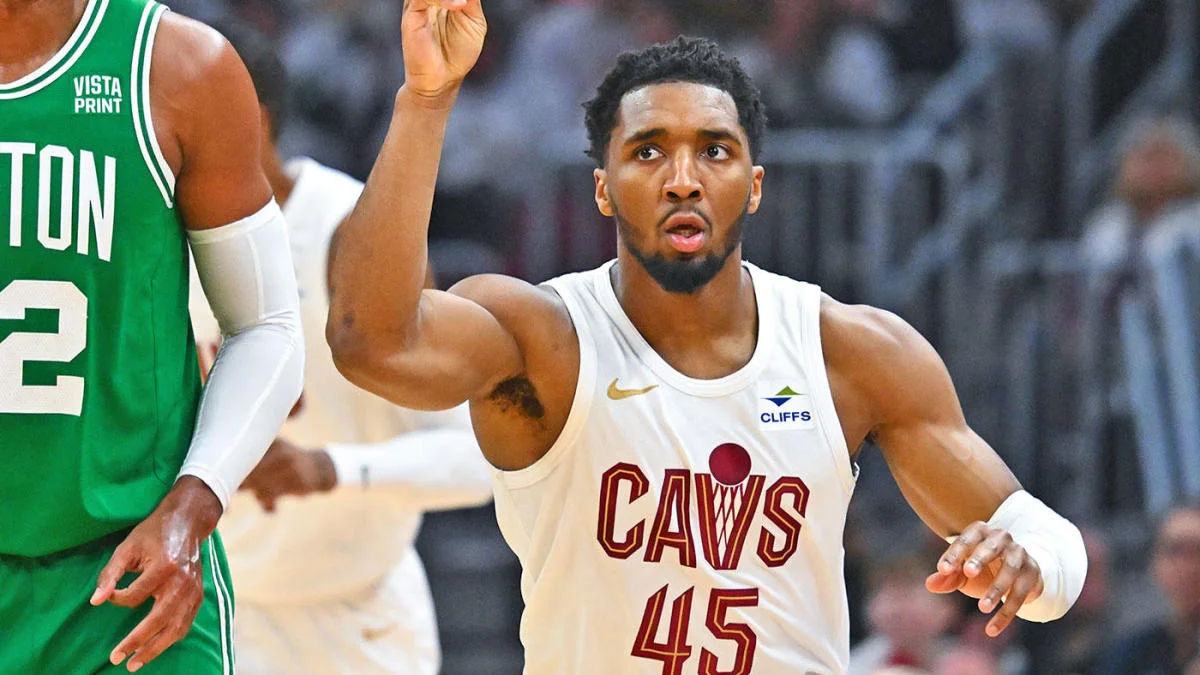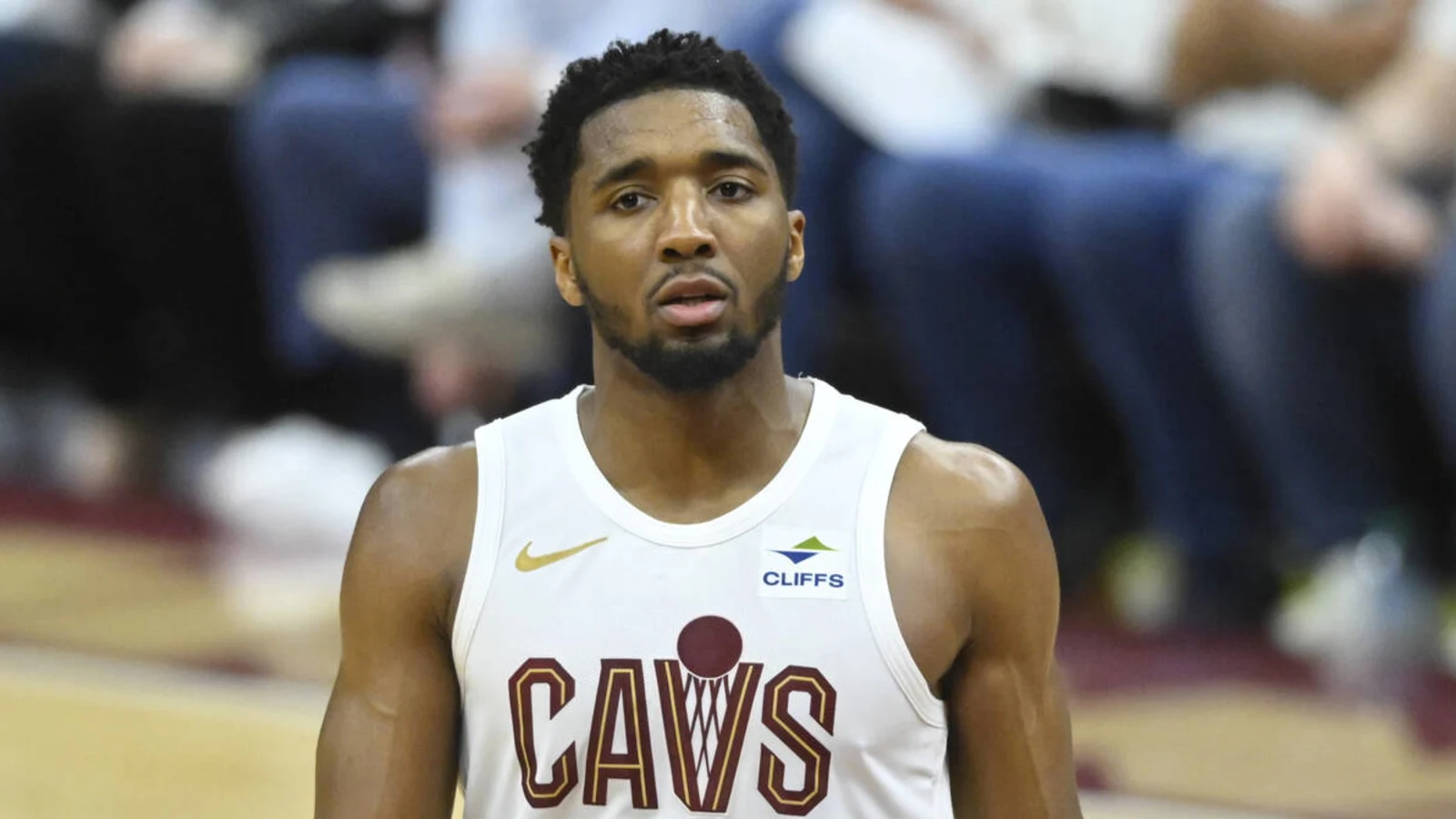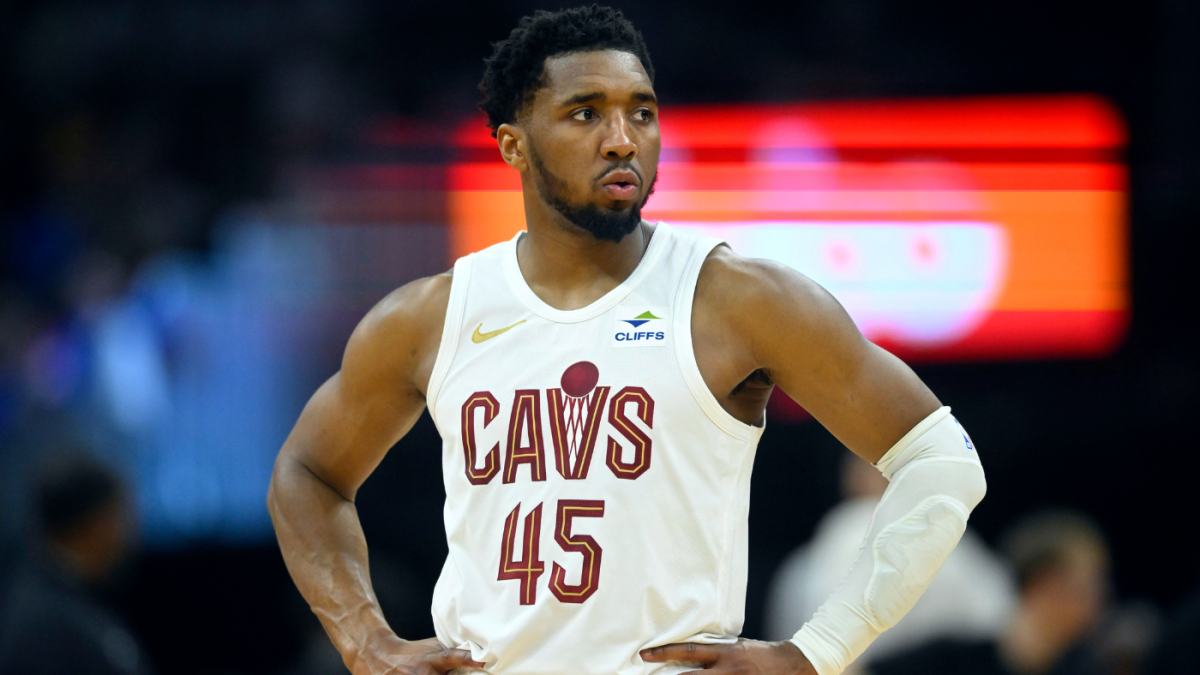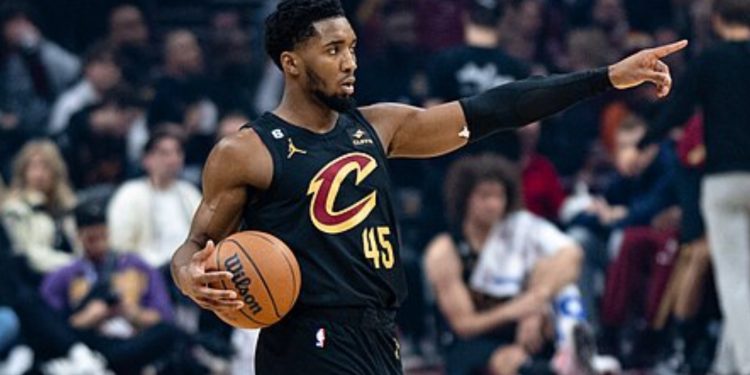In the high-stakes world of NBA trades and acquisitions, the echoes of past decisions often reverberate through to present-day maneuvers. The recent rumors swirling around Donovan Mitchell’s potential exit from the Cleveland Cavaliers have unearthed a controversial piece of NBA history—Dan Gilbert’s infamous 2011 letter aimed at preventing Chris Paul from joining the Los Angeles Lakers.
This letter not only showcases the complexities of NBA negotiations but also casts a long shadow over current trade discussions, especially those involving high-profile teams like the Lakers.

A Blast from the Past Resurfaces Amidst New Trade Rumors
Back in 2011, Dan Gilbert, owner of the Cavaliers, sent a strongly-worded letter to then-NBA Commissioner David Stern, urging him to halt a trade that would have sent Chris Paul to the Lakers. Gilbert argued that the trade would disproportionately benefit the Lakers, saving them millions in salaries and luxury taxes while giving them an undue advantage in acquiring more top-tier talent like Dwight Howard.
Gilbert wrote, “It would be a travesty to allow the Lakers to acquire Chris Paul in the apparent trade being discussed… I cannot remember ever seeing a trade where a team got by far the best player in the trade and saved over $40 million in the process.”
His vehement opposition, along with similar sentiments from other owners, ultimately led to the NBA vetoing the trade, a decision that reshaped the league’s landscape for years to come.
Gilbert’s actions in 2011 were not without precedent; he was known for his emotive, often comic sans-typed communications, famously issuing a fiery letter when LeBron James first departed Cleveland in 2010. This style of impassioned leadership has continued to make waves within NBA circles.
The Ongoing Struggle: Lakers and the Battle Against Market Biases
The Lakers, a franchise synonymous with success and star power, often find themselves at the center of trade controversies, battling not just for top players but against perceived biases from other teams. The failed Chris Paul trade is just one instance where external forces significantly hindered their strategic plans.
In recent years, the acquisition of Anthony Davis in 2019 also came at a steep cost, underlining the premium the Lakers have to pay due to their high-profile status.
Similarly, last season’s trade talks around Kyrie Irving saw the Brooklyn Nets favoring a deal with the Dallas Mavericks, purportedly to prevent strengthening the Lakers, whom Irving had shown interest in joining. These instances highlight a recurring theme: a league-wide wariness to facilitate the Lakers’ consolidation of power, regardless of the on-paper fairness of a proposed trade.

The Future of Donovan Mitchell: History Repeating Itself?
With Donovan Mitchell’s future at the Cavaliers up in the air following their playoff exit, the specter of Dan Gilbert’s past actions looms large. There’s widespread speculation about whether Gilbert would veto a move to send Donovan Mitchell to the Lakers, particularly as it would indirectly benefit LeBron James, potentially paving his way back to Cleveland.
The Lakers, known for their aggressive pursuit of star players, might face significant hurdles if they enter the fray for Donovan Mitchell, mirroring past challenges.
Given the dynamics at play, the Lakers might find themselves competing with teams like the Nets and the Atlanta Hawks, who could potentially offer more appealing packages to the Cavaliers. The strategic calculations involved are complex, influenced by past dealings, personal relationships, and long-term visions for each franchise.

The Intricacies of NBA Trades and Power Dynamics
The resurfacing of Dan Gilbert’s letter amidst current trade rumors is a stark reminder of how past decisions continue to influence the present and future of NBA teams. As franchises navigate the choppy waters of high-stakes trades, the balance of power, personal legacies, and strategic foresight all play pivotal roles in shaping the destinies of teams and players alike.
For the Lakers and the Cavaliers, as well as for Donovan Mitchell, the coming weeks could be defining, with history’s lessons echoing in the corridors of power moves and negotiations.










